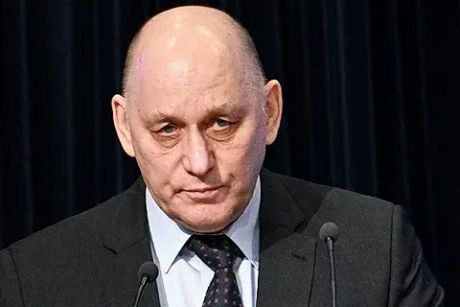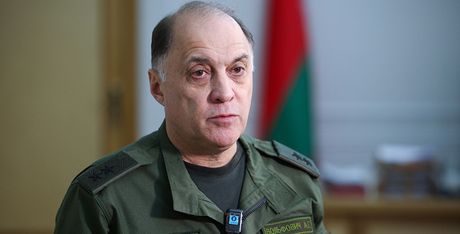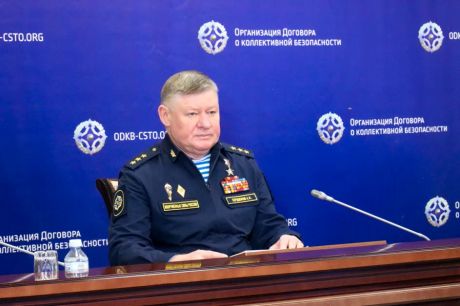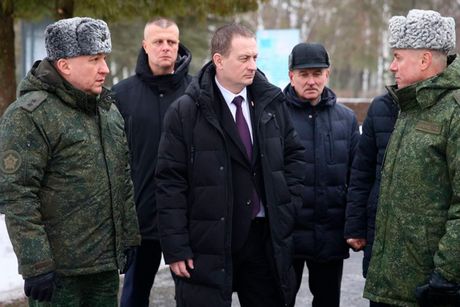Muraveyko on the Zapad-2025 exercises: there are no global strategic or operational problems
10:31, 22 September
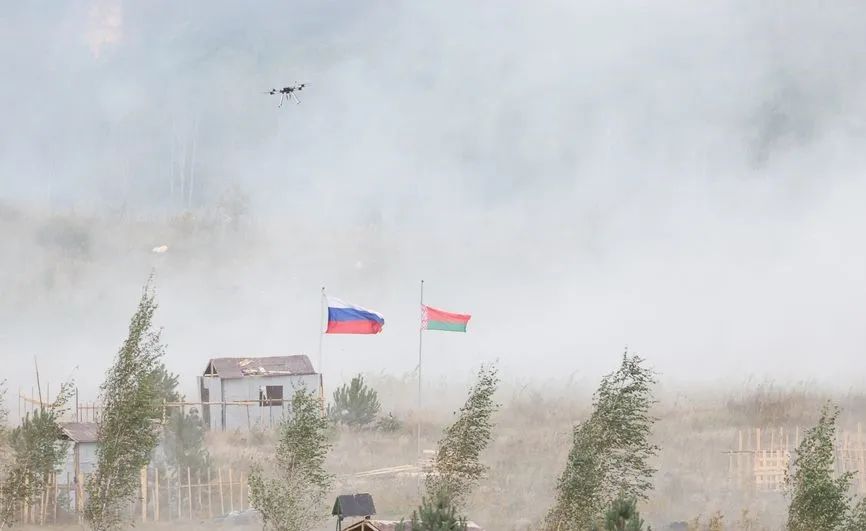
Photo: BELTA
Chief of the General Staff of the Armed Forces of the Republic of Belarus Pavel Muraveyko spoke on the STV television channel about the Zapad-2025 military exercises and the significance of such a large-scale event, BELTA reports.
- Share on Facebook
- Share on VK
- Share on Twitter
Pavel Muraveyko explained that preparing and conducting exercises is akin to filming a high-quality feature film. "It's not because there's a script or the actors will act according to a predetermined plan. No. Goals and objectives are defined, and the form of deployment of armed forces is chosen. Will it be a defensive operation or a special one? Will these be actions to destroy sabotage reconnaissance groups or to secure the border? Basic scenarios are compiled for this scenario, which can be acted out. The only difference is that those participating in the exercises don't know how the situation will develop. They are introduced to the bare minimum of how we, the average person, can know what's going on," said the Chief of the General Staff of the Armed Forces of Belarus.
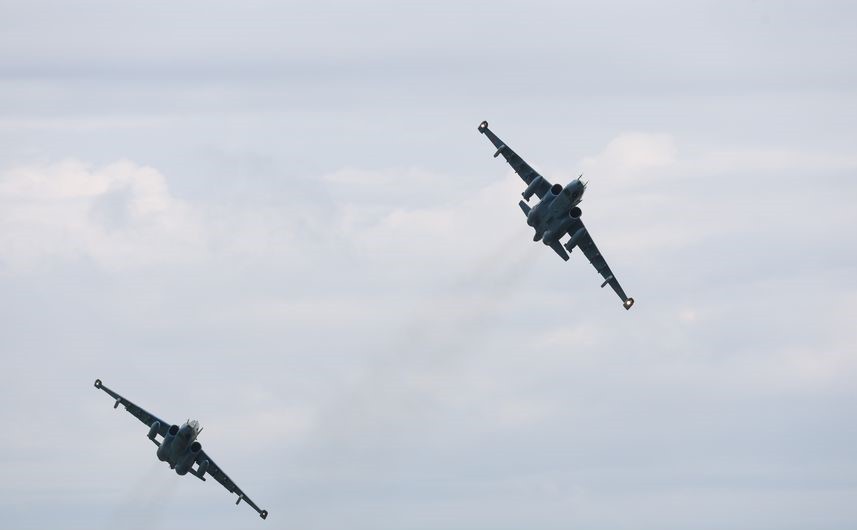
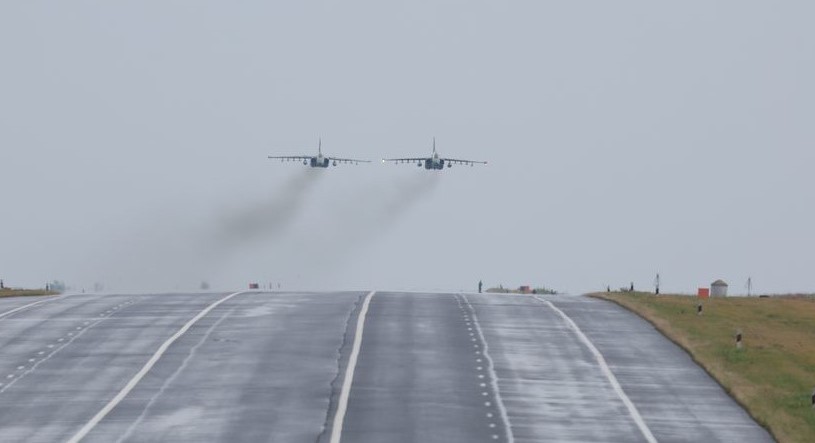
He gave an example of the initial data: sabotage and reconnaissance groups were marching along the border. "Naturally, the commander involved in these exercises begins to analyse the situation, assess the terrain, formulate decisions, calculate his forces and resources, and determine which areas need to be covered. What firepower should be used to target this sabotage group or illegal armed group to prevent it from escaping? After that, he determines how to block them, so he can then arrest or destroy them. And all of this happens in his head. He practices this on maps. The exercise leader, naturally, observing how he does this, makes certain adjustments," Pavel Muraveyko shared. He added that the exercise is similar to a chess game, where everyone plays their role and task, and everything is as close to a combat situation and reality as possible.
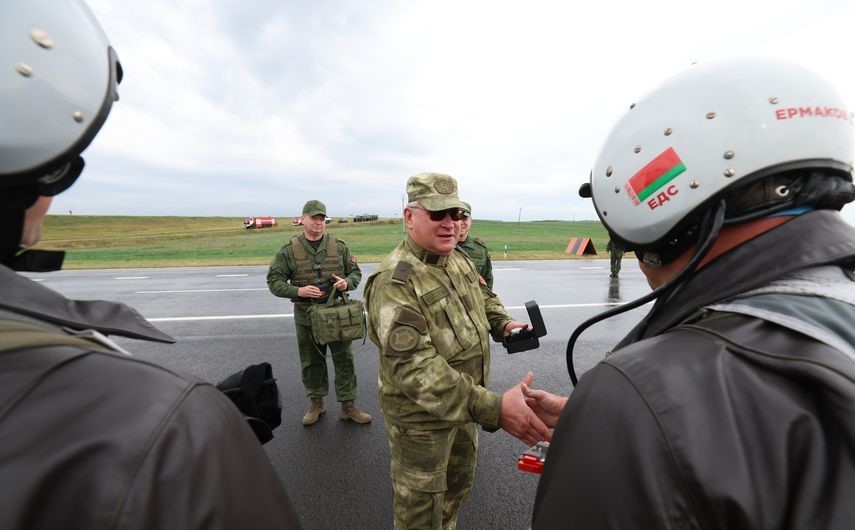
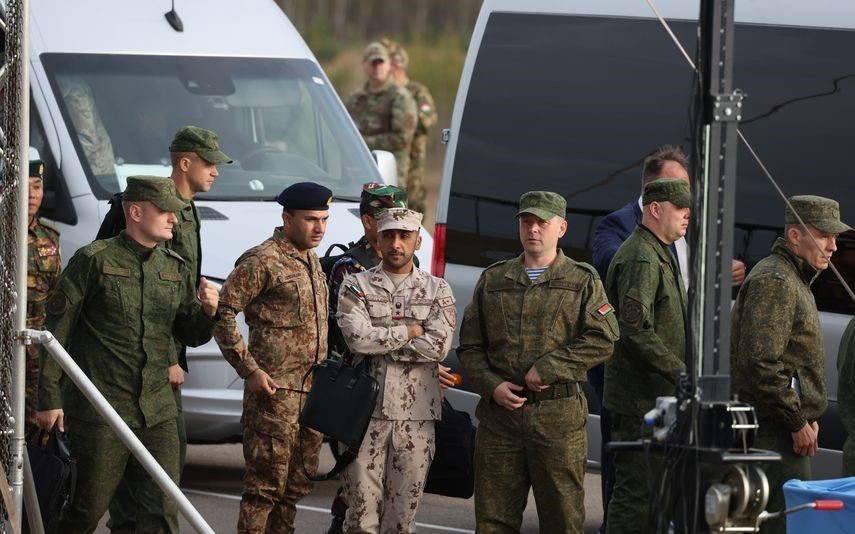
Furthermore, adjustments are also made if exercise participants suddenly learn of a task, receive a hint, or notice that such a thing hasn't happened in previous exercises. "In the last 10–12 years of our training, such incidents have never occurred. Because commanders themselves are interested in learning from real-life situations," noted the Chief of the General Staff. "They say, 'Who knows, did you do me a disservice or did you help me?'"
Responding to a question about the conclusions already drawn from the Zapad 2025 exercises, Pavel Muraveyko noted: "To say that everything is very good or very bad is, let's say, a grotesque polarity that leads to nothing good. Every action has its pros and cons. For example, our air defence forces fired—one crew failed to hit a single target. We began to investigate why—it turned out the equipment failed. It's as simple as that: the sight axis went dark at the right moment. So, we conclude for ourselves that maintenance is necessary, the direction needs to be expanded, and so on. Speaking of operational strategic headquarters and the actions of units, I'll say this: in war, there are no wrong decisions. Similarly, in exercises, there are no wrong decisions. If the commander has made them, justified them, and the troops have executed them and accomplished the mission, then the troops are controlled and performing well."
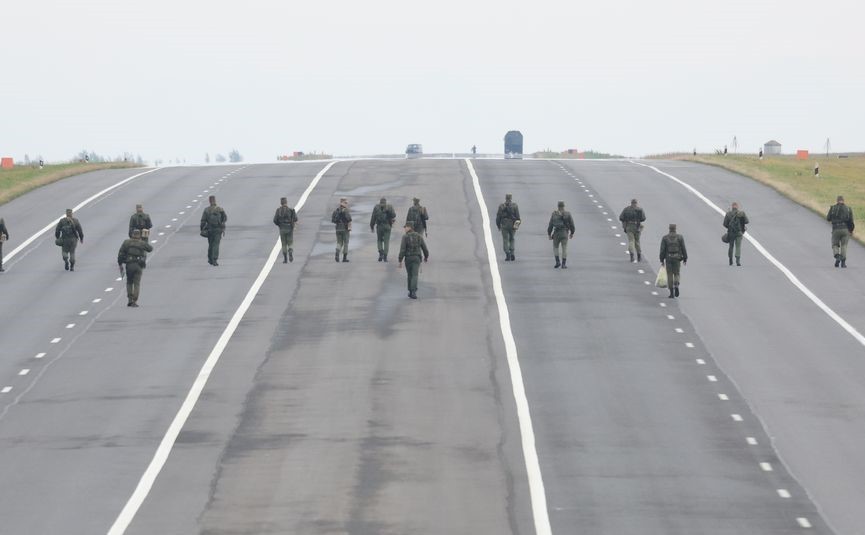
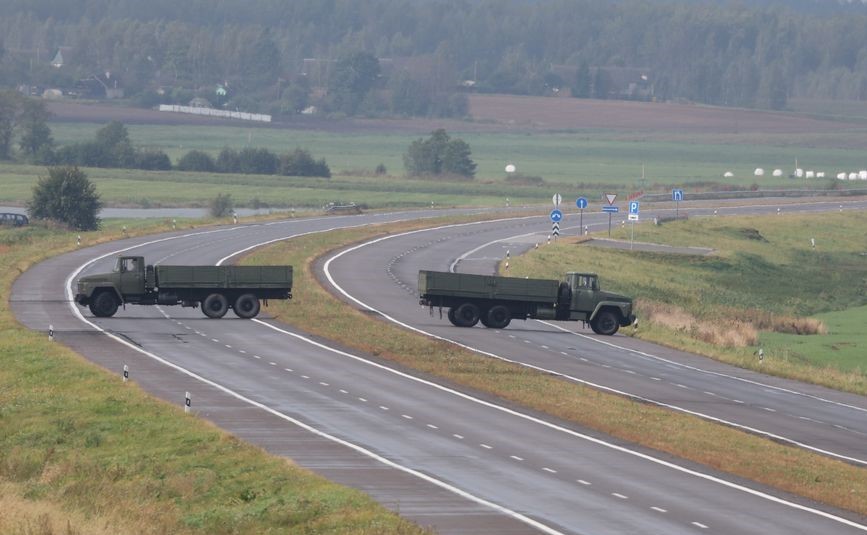
The Chief of the General Staff emphasized that there are currently no global strategic or operational problems. "There are tactical issues that need to be addressed," said Pavel Muraveyko, adding that there are a number of issues related to the physical and firearms training of conscripts that require training. "For this purpose, exercises are being conducted to integrate everything into a single, unified whole, with a unified concept and context, to organize interaction and see how the system functions as a whole," concluded Pavel Muraveyko.



